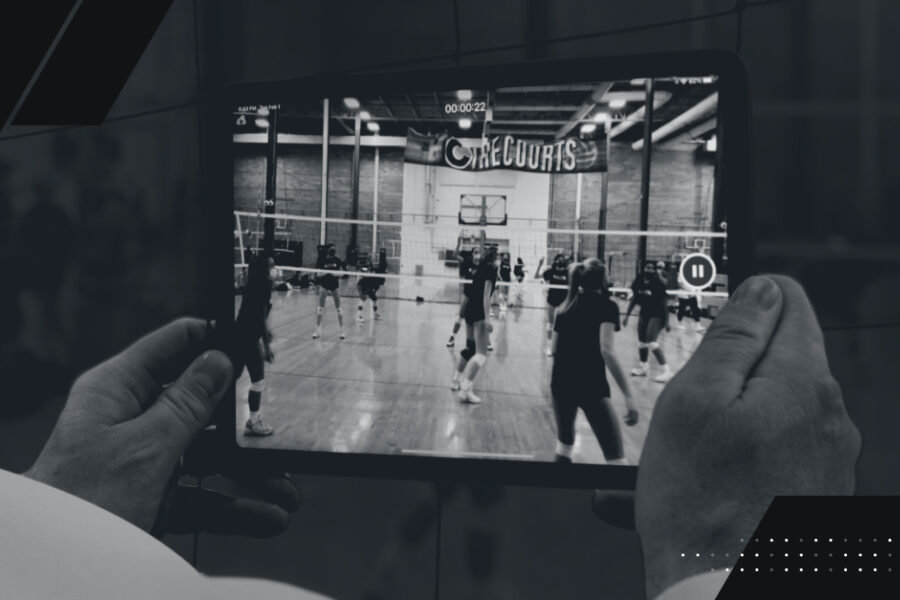OJVA uses technology as a way to include parents that want to be active in club, team and athlete success.
Every club has unique relationships with parents and families. It’s tricky to strike the right balance between involving them in club activities while affording coaches the space to do their job without feeling like they have to look over their shoulders.
But for elite volleyball clubs like Oregon Juniors Volleyball Academy (OJVA), the solution is to include parents in team operations—and the approach is paying dividends.
Obviously, at first, I didn't know what I was doing, but the more you get in and play with it, it's pretty easy to figure out.
Paul Scott, OJVA "Hudl Dad"
For a club as large as OJVA, with 13 teams consisting of almost 40 coaches and 200 athletes, the obligation to record practices and matches as well as tag stats loomed large at first. But OJVA staff, like club director Steve Suttich and U15s coach Juno Cruz, saw these jobs as an opportunity to include parents who were eager to contribute.
The club enlisted the help of parents for such foundational tasks. Parent volunteers contribute to club performance, recruiting and player education by equipping coaches and athletes with video and data for every match.
Paul Scott is an example of a “Hudl Dad,” a term coined by OJVA athletes who see Scott in practices and at tournaments assisting coaches. Scott records training sessions and matches so that coaches can focus on developing players. From there, he uploads film to Hudl and even submits matches to Hudl Assist.
“Obviously, at first, I didn't know what I was doing, but the more you get in and play with it, it's pretty easy to figure out,” Scott said.
By entrusting Scott with these tasks, coaches aren’t tied up in logistics. Instead, they’re free to focus their energy on developing athletes and helping them reach their potential.
Paul’s daughter Sophie is a middle blocker on the OJVA 18s Gold. With a shared knowledge of Hudl’s video and data tools, the father-daughter duo spends time together watching film and studying stats.
For parents that don’t want to be a “Hudl Dad” but still want to be involved, video and data offer objective insights into athlete performance. They’re tools that enable all parties—coaches, athletes and parents—to communicate clearly and without bias.
“Hudl has impacted the team as a whole in regards to the parents and players together with me,” Cruz said. “Me be being blunt with them in regards to now, ‘hey, listen, this is what your daughter is doing and how she's doing in the in the game’ versus me just saying it and then not [having that] understanding.
“And now we're able to actually inform them and say, ‘Hey, listen, this is how it works. This is how we're doing this.’ And now the parent coach communication is a lot better.”
The success of any club comes down to creating clear lines of communication and developing systems to ensure the sum is greater than the parts. By inviting parents to be active members in the day-to-day duties of the club, there are more opportunities for meaningful contributions across the board.
Club directors get buy-in from parents who are using the tools that the club invests in. Coaches spend less time micromanaging tasks that are outside of their area of expertise. Athletes gain a wider support system with ample resources to grow and get recruited. And parents deliver substantial assets that impact athlete, team and club goals.
OJVA not only uses Hudl as a platform for performance analysis, but also to mobilize key stakeholders so that everyone is building towards success—together.

